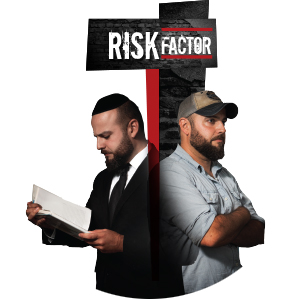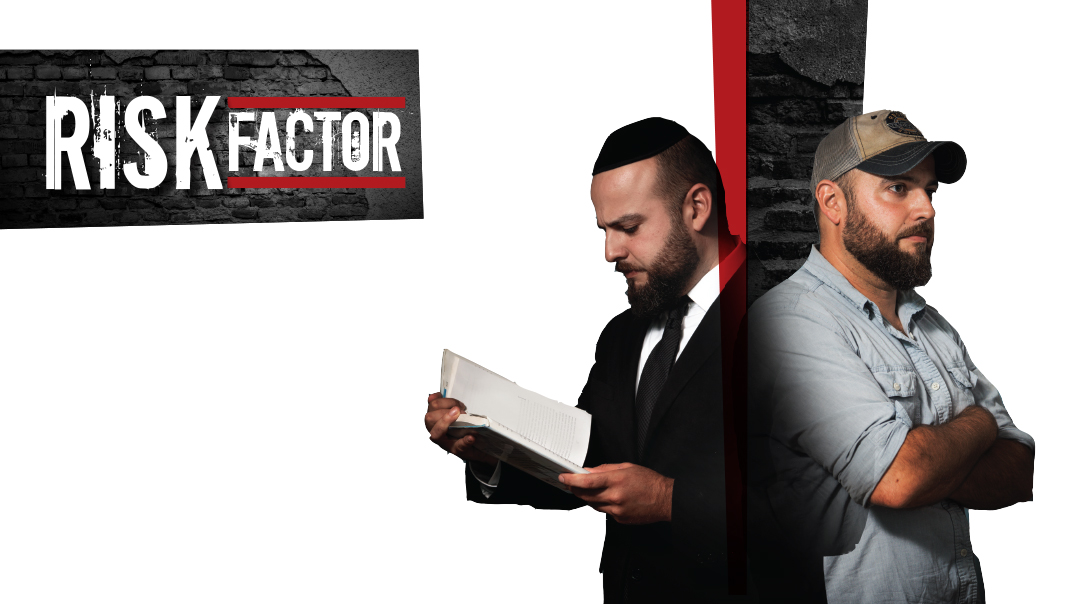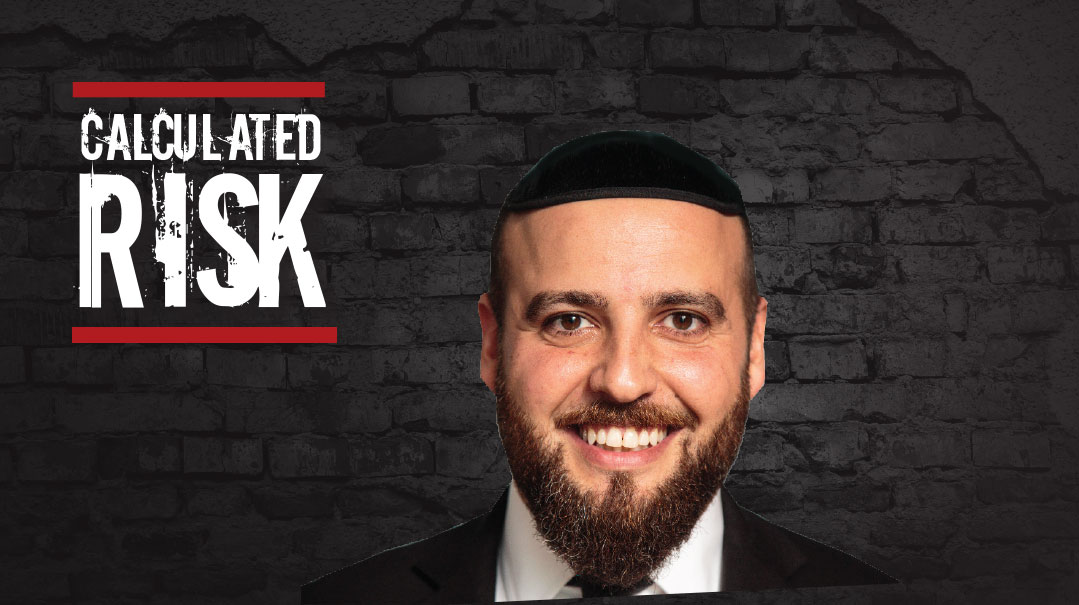Boy’s Best Friend

"It’s not a dog you’re demanding I keep outside — it’s a part of your son"
Her name was Roxy. It said so on her collar. Yona Bauman and I found her on our way home from camp when we were around 11 or 12. She was a beautiful German shepherd with sad black eyes, and she was enormous. We could probably both have ridden her, horseback style, if we’d wanted to.
Her collar also had a phone number on it. Yona and I played with Roxy for about six hours, until her owner arrived. I was immediately obsessed with the idea of getting a German shepherd just like her.
I never got one. Despite my pleas and promises that I would never again do anything worthy of so much as a negative look and that I would forgo birthday gifts for the rest of my life, my mother stayed firm. “Playing with a stray for a day is not the same thing as committing to the wellbeing of a living thing,” she said. “Besides, forcing a dog to live in Brooklyn should be illegal.”
It was this memory that ran through my mind as I watched a boy and a German shepherd walk up my driveway.
“I need somewhere to stay,” the boy said, looking at me. I didn’t recognize him from the community.
“Did I forget to take down the Holiday Inn sign that was on my front lawn?” I said. I was smiling, but he didn’t laugh. The look on his face said, Believe me, I don’t want to be here either.
I offered my hand. “Maybe I’m old-fashioned but I like to introduce myself to people in the beginning of a conversation. My name is Yossi, and you are…?”
“My friends call me E.Z.,” he said.
“Well at least that’s not difficult to remember,” I quipped.
He just stared at me.
“You know, because it’s… easy,” I muttered.
My wife came up behind me. “It’s amazing how shocked you are when someone doesn’t think you’re funny,” she said. “He looks hungry. Make him a plate.”
“Come, we’re having a barbecue,” I told E.Z. “If my burgers don’t make you smile then I give up.”
E.Z. ate like he hadn’t seen food in a while.
“So what are you doing in Cleveland?” I asked after a bit. It doesn’t happen often, but when a kid I don’t know shows up, I try not seem shocked or confused by the sudden appearance. It’s not easy to have nowhere to go; there’s no reason to make it more awkward by playing 20 Questions. The basics are important, but I try to find them out organically, within a conversation.
“I came to stay with my aunt and uncle,” E.Z. said. “My parents wanted me to go away for a little bit till school starts. I don’t really fit in where we live.”
E.Z., whose real name was Eliezer, didn’t look a day over 12. He said he was 16, but that’s what most 14-year-olds in this situation say.
“I knew this would happen one day,” I said.
He looked puzzled.
“I have six siblings, all married all with kids,” I explained. “At some point there was going to be a nephew I never met.”
He didn’t get it, just stared at me blankly.
“Can you please laugh?” my wife said. “He won’t stop until you do.”
Eliezer smirked.
“I’m just saying — you said you came to stay with family, all my relatives are already bald by your age so I’m pretty sure we’re not related,” I explained.
A dark look came over his face. “I’m not staying there. If I can’t stay by you, its fine, I’ll stay on a park bench somewhere.”
“That bad?”
He looked away. “You wouldn’t get it.”
“Try me,” I said.
“I told my parents I’m not going anywhere without Brother. They said it was okay to bring him. Then my aunt said he can’t stay in the house.”
“Brother?”
He pointed to the puppy playing with my kids in the yard.
I sat quietly.
“You’re not gonna make some dumb joke?”
“I don’t joke about certain things,” I said.
“Like what things?”
“Like loyalty. You’re willing to sleep on a park bench out of loyalty to Brother. That’s pretty rare to find.”
I looked at Eliezer and then at Brother. Eliezer looked like more of a stray than Brother. I wasn’t sure which one needed the other more.
I told Eliezer that he and Brother could stay as long as he calls his parents and aunt and uncle. He reluctantly agreed.
“My dad wants to talk to you,” he said.
I walked to the front of the house.
“I’m very sorry about this,” his father said. He sounded drained.
“That’s okay,” I said. “The truth is it’s Brother we’re letting stay — apparently Eliezer comes with the package.”
Silence.
“I don’t understand,” he said flatly.
This apple didn’t fall far from the tree. “I’m joking, I was saying we’re happy to have Brother....”
“What brother?”
“Brother — the dog?” I said.
“That stupid dog! Don’t let him in your house!”
I almost dropped the phone. “Um, if it’s okay, I don’t mind having the dog in my house. He seems better behaved than most of my guests, to be honest.”
“Not in the house!” Eliezer’s father insisted. “He needs to learn that a dog is not a person!”
I looked over at Eliezer. He was feeding Brother some barbecue leftovers. There was something in the way he fed the dog — a certain honor. Not of the dog, but of his responsibility to care for it.
Playing with a stray for a day is not the same thing as committing to the wellbeing of a living thing.
“Look, I can understand your frustration,” I said into the phone. “But either we come to an understanding about this or he can’t stay.”
“What do you mean?”
“I’ve only known your son for a few hours, but what he lacks in a sense of humor and social skills, he makes up for with his loyalty. It’s not a dog that you’re demanding I keep outside — it’s a part of your son. I can’t do that,” I said.
After I hung up I walked back to where Eliezer was sitting. I let Brother smell my hand and scratched him behind his ear. I looked him in his sad black eyes and said, “Brother, you’re welcome in my house. If that means this guy has to stay here too, then I guess it’s okay with me.”
Eliezer grinned. “Ha! I got the joke this time.”
I grinned back at him. “Sorry, E.Z.,” I said. “This time, I wasn’t kidding.”
(Originally featured in Mishpacha, Issue 825)

Oops! We could not locate your form.


